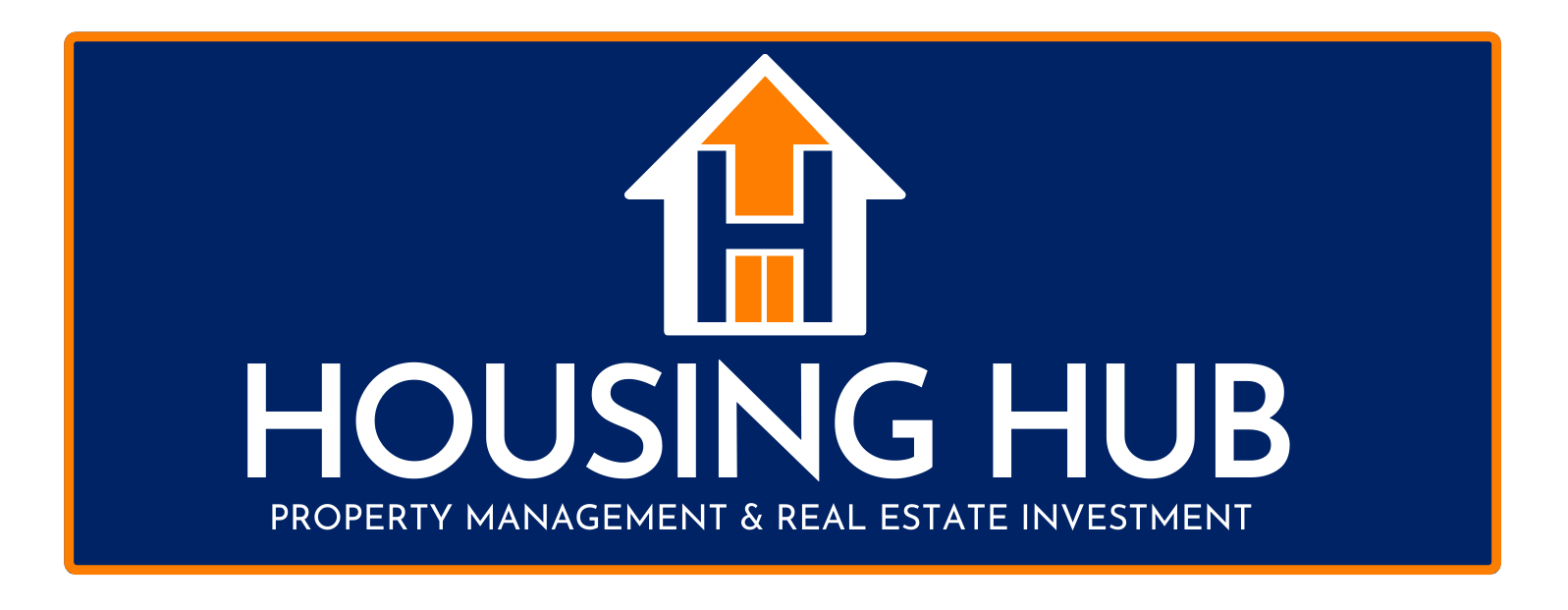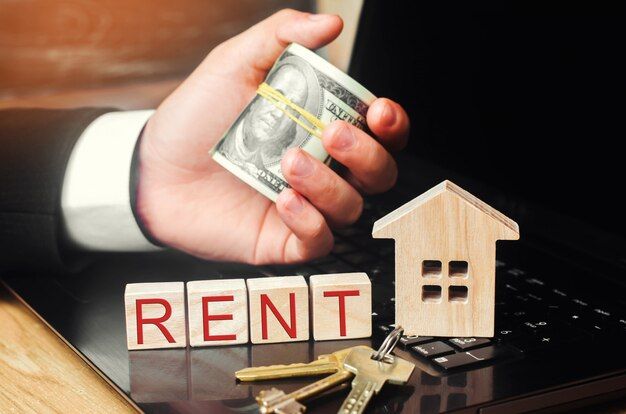A Comprehensive Guide to Tenant Screening in the Twin Cities: Attracting High-Quality Renters for Your Property
As a landlord or property manager in the Twin Cities area, one of the most critical aspects of managing your rental properties is finding and retaining high-quality tenants. Attracting reliable renters who will pay rent on time, treat your property with care, and abide by the terms of their lease agreement is fundamental to ensuring a steady income stream and protecting your investment. To achieve this goal, conducting a thorough tenant screening process is essential, which is what our agents at Housing Hub are trained for!
In this comprehensive guide, we'll explore the tenant screening process specifically tailored to the rental market in Minneapolis and St. Paul. By understanding both the legal requirements and best practices for tenant screening in the Twin Cities area, Housing Hub is well-equipped to make informed decisions when selecting renters for your properties.
With a streamlined and efficient tenant screening process, landlords and property managers in the Twin Cities area can successfully attract and retain high-quality tenants where both parties can enjoy a mutually beneficial relationship – ultimately improving the overall property management experience and protecting valuable investments.
Partnering with the professionals at Housing Hub can further strengthen your tenant screening process and property management capabilities. Our trusted team of experts is well-versed in the Twin Cities rental market and can provide comprehensive services, ensuring your properties attract the ideal tenants and maintain a competitive edge in this growing market.
Legal Requirements and Compliance
To avoid legal disputes and ensure fair treatment, make sure your tenant screening process adheres to local and federal regulations. Key areas to concentrate on include:
- Fair Housing Laws: Familiarize yourself with federal and local laws that protect against discrimination based on race, color, national origin, religion, sex, familial status, or disability.
- Federal Credit Reporting Act: Ensure compliance when obtaining and using credit reports in the screening process. Be aware of the required notifications when taking adverse action based on credit report information.
- Data Privacy: Protect the applicant's private information and maintain confidentiality throughout the screening process.
Setting Rental Criteria
Establishing transparent and consistent rental criteria can help landlords make objective decisions and avoid accusations of discrimination. Some considerations include:
- Credit History: Set minimum credit score requirements and evaluate past payment history, outstanding debts, and bankruptcies.
- Income Verification: Establish an income requirement, such as monthly income being at least two or three times the monthly rent, and verify with pay stubs or tax documents.
- Rental History: Check for any past evictions, unpaid rent, or lease violations.
- Background Checks: Consider criminal background checks while adhering to local and federal laws governing their use.
Tenant Application Process
An efficient tenant application process should gather relevant information while simplifying the screening process. Consider the following:
- Comprehensive Application: Design a rental application that covers personal information, employment details, rental history, financial information, and personal references.
- Application Fee: Charge a reasonable, non-refundable fee to cover the cost of processing the application and background checks.
- Online Applications: Streamline the application process by providing an online submission option for prospective tenants, ensuring faster and more efficient data processing.
Assessing Prospective Tenants
Review and analyze tenant application materials thoroughly to make well-informed decisions. Below are some tips for evaluating individual elements:
- Credit Reports: Look beyond just the credit score; assess negative items, payment history, and the debt-to-income ratio to gauge a tenant's financial stability.
- Background Checks: Evaluate information on a case-by-case basis, considering the nature and severity of any criminal offenses, the length of time since the offense occurred, and the relevance to the applicant's ability to fulfill lease obligations.
- Rental History: Contact previous landlords to inquire about a tenant's behavior, promptness in paying rent, and overall suitability as a renter.
- References: Reach out to personal or professional references to gain additional insights into the applicant's character, reliability, and trustworthiness.
Communication and Leasing
Effective communication is crucial during the tenant screening and leasing process. Adopt these best practices for clear interaction:
- Transparent Communication: Provide prospective tenants with clear information on rental criteria, application procedures, and timelines for decision-making.
- Declining Applicants: If declining an applicant based on their credit report, provide the required adverse action notice, explaining the reason for denial and their rights in accordance with the Federal Credit Reporting Act.
- Leasing Process: For successful applicants, guide them through the leasing process, discussing lease terms, security deposits, and move-in procedures to ensure a smooth transition into their new home.
Navigating the tenant screening process in the Twin Cities rental market is vital for attracting responsible, reliable renters and minimizing vacancies, late payments, or property damage. Following legal requirements, establishing clear rental criteria, optimizing the tenant application process, assessing applicants thoroughly, and maintaining excellent communication throughout the leasing process are all crucial components for success.
Let the experienced professionals at Housing Hub support you in refining your tenant screening process and managing your rental properties effectively. With our comprehensive
property management services and in-depth knowledge of the Twin Cities market, we'll ensure your properties attract and retain the high-quality tenants you deserve.
You might also like
Blog






